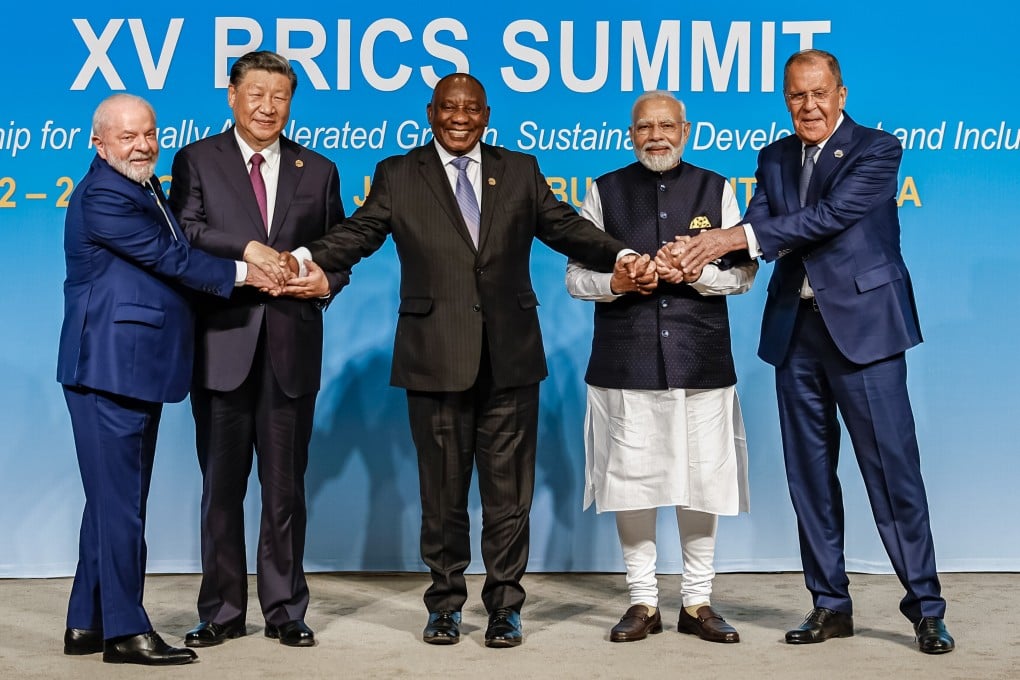The View | How the Global South is building a better world, Bric by Bric
- If Western countries want to enter the house the Brics nations are building, it would have to be as genuine partners rather than would-be landlords

Brazil’s Institute of Applied Economic Research describes Brics as having an “informal character”. “There is no charter, it does not work with a fixed secretariat, nor does it have any funds to finance its activities. Ultimately, what sustains the mechanism is the political will of its members,” it noted.
The allure could be seen as a reaction among some countries to attempts by the United States and its allies to herd them into ideologically defined pens. Instead, they would prefer the relative freedom of a non-aligned haven.
Within the Brics framework, they can come together on the issues of their choosing to create a more global voice without feeling pressured by any other country into taking sides. That is a powerful incentive and a facilitator of cooperation at a time when coercion is becoming endemic among global powers.

